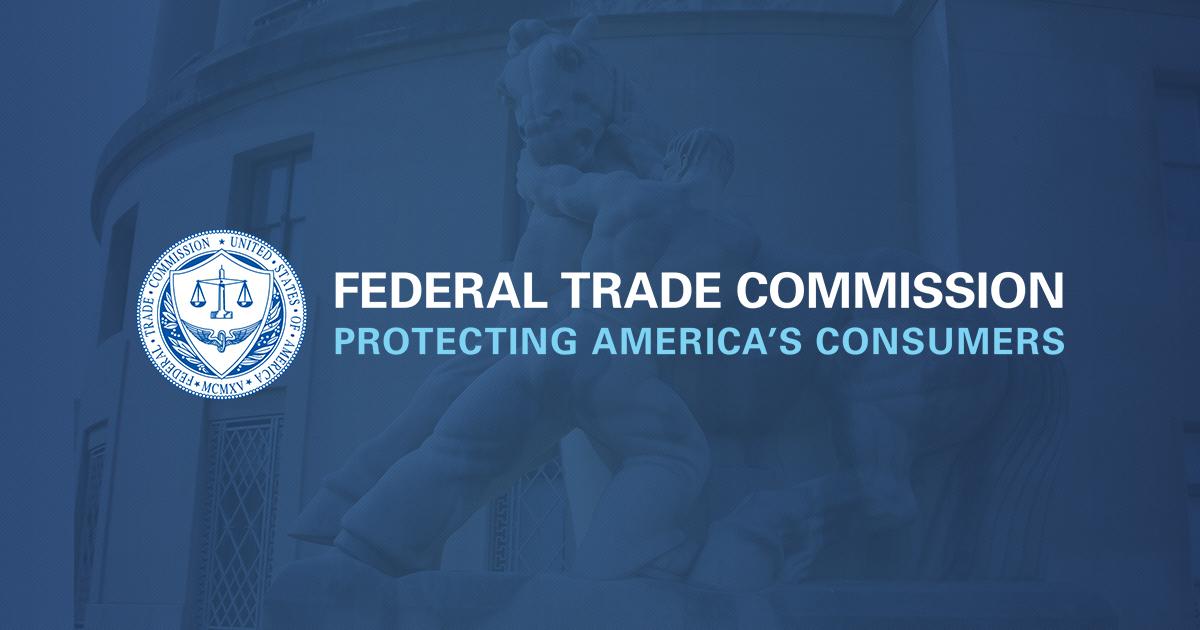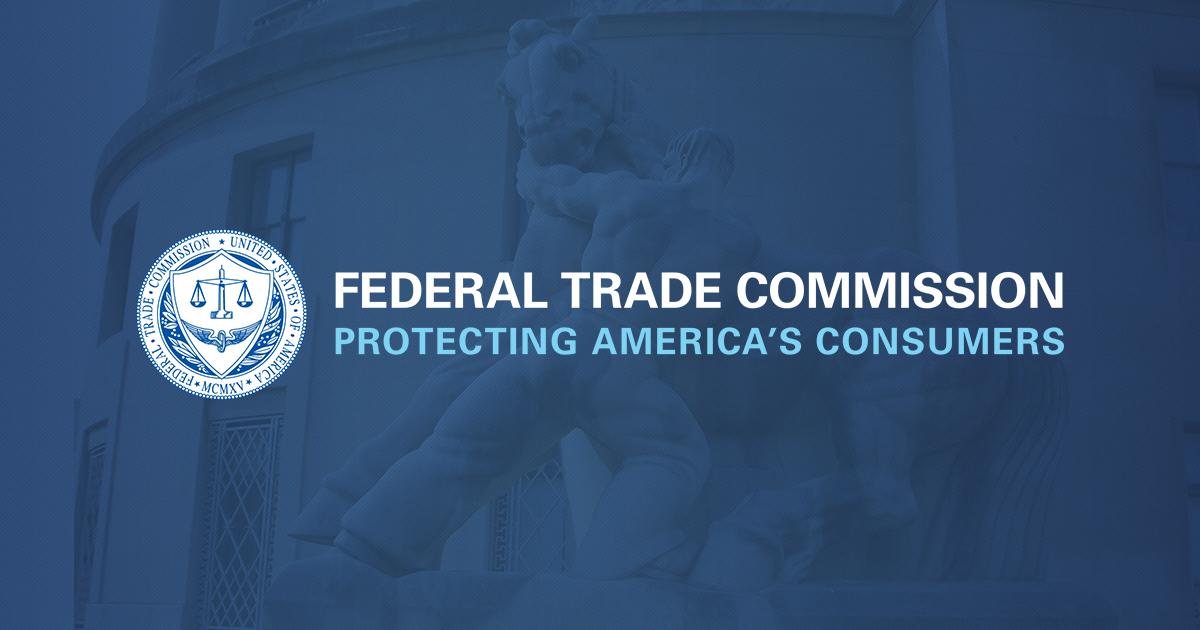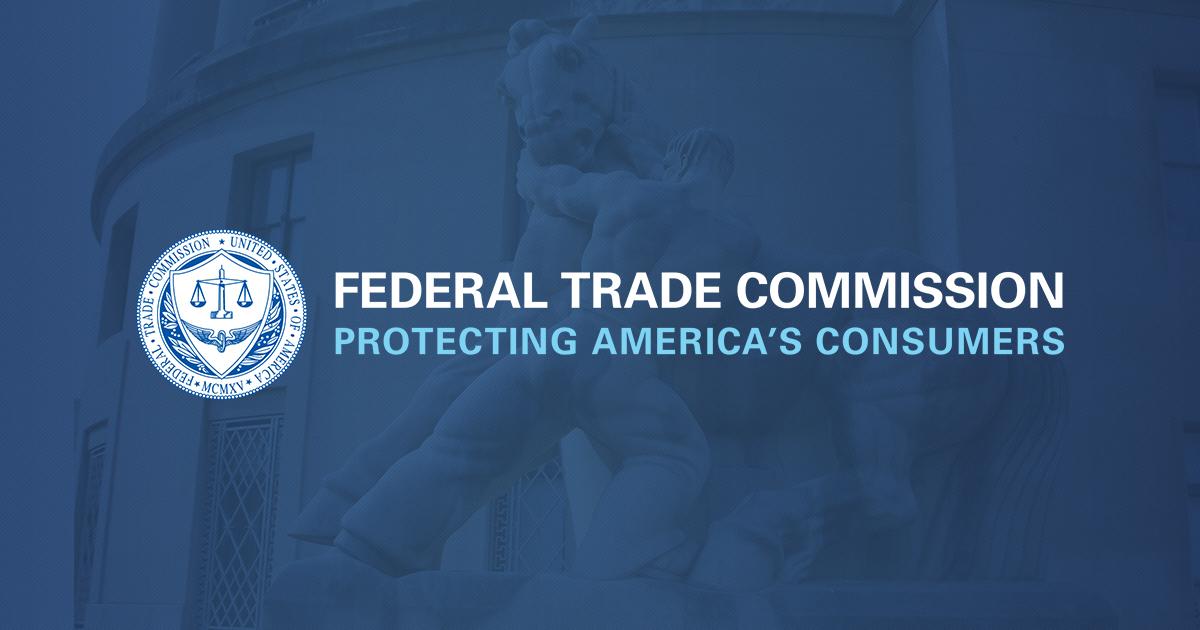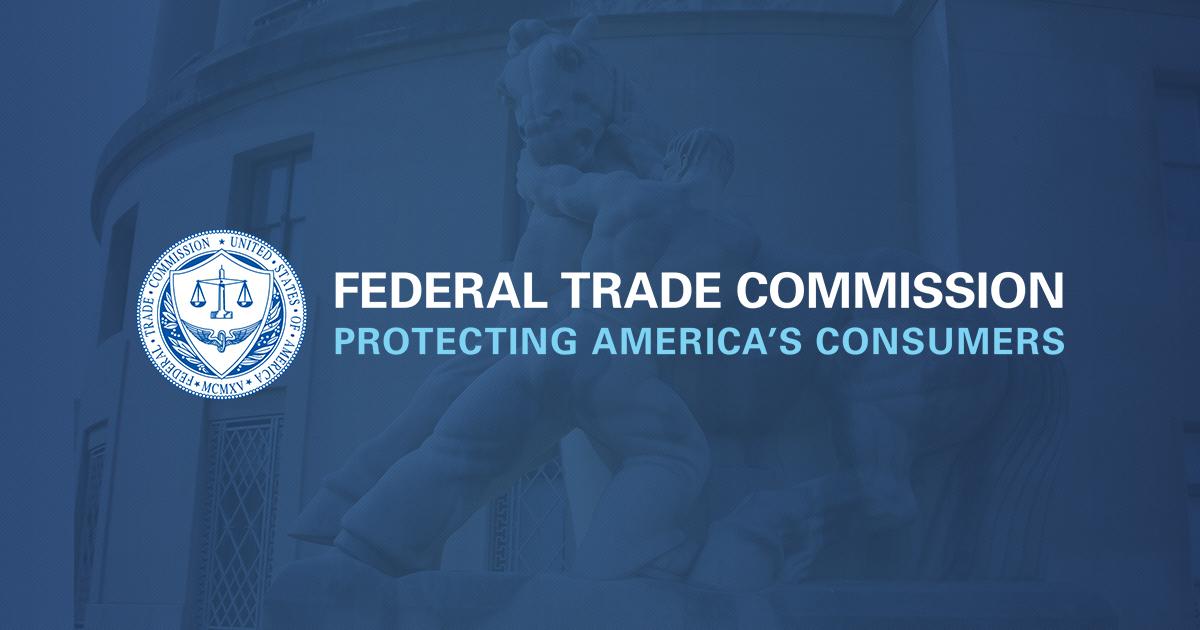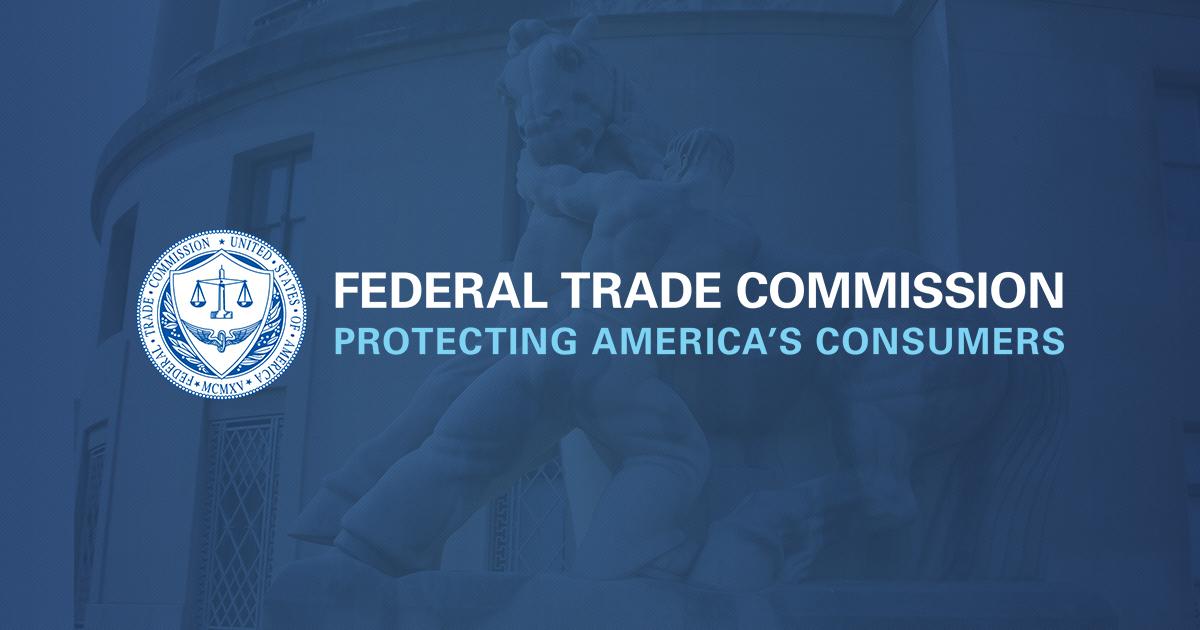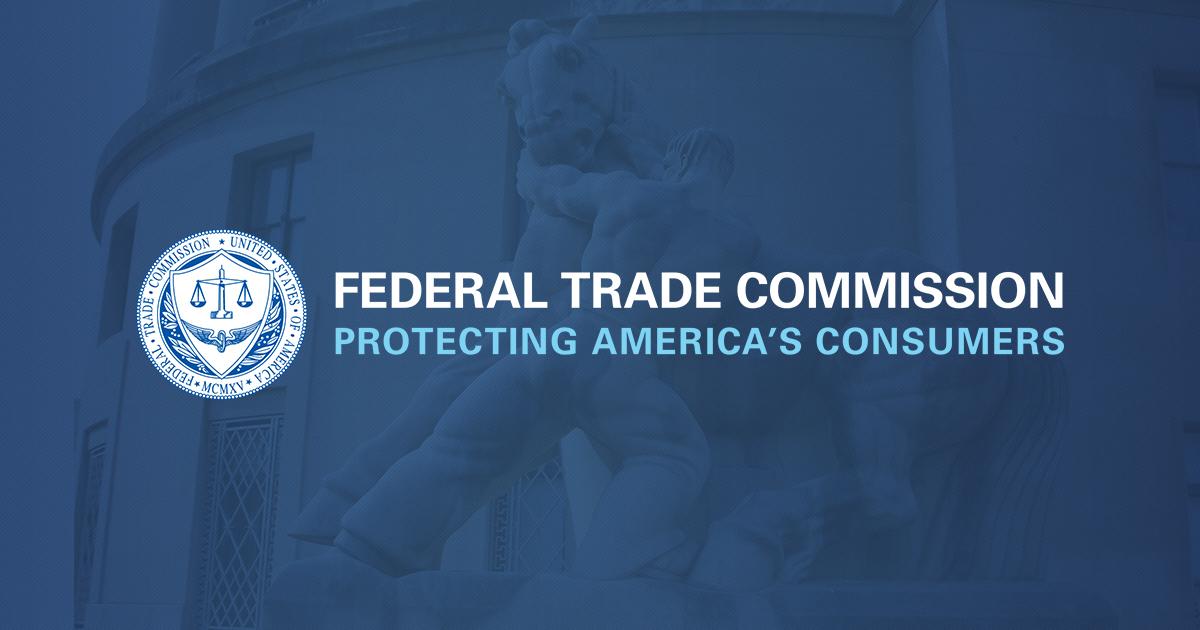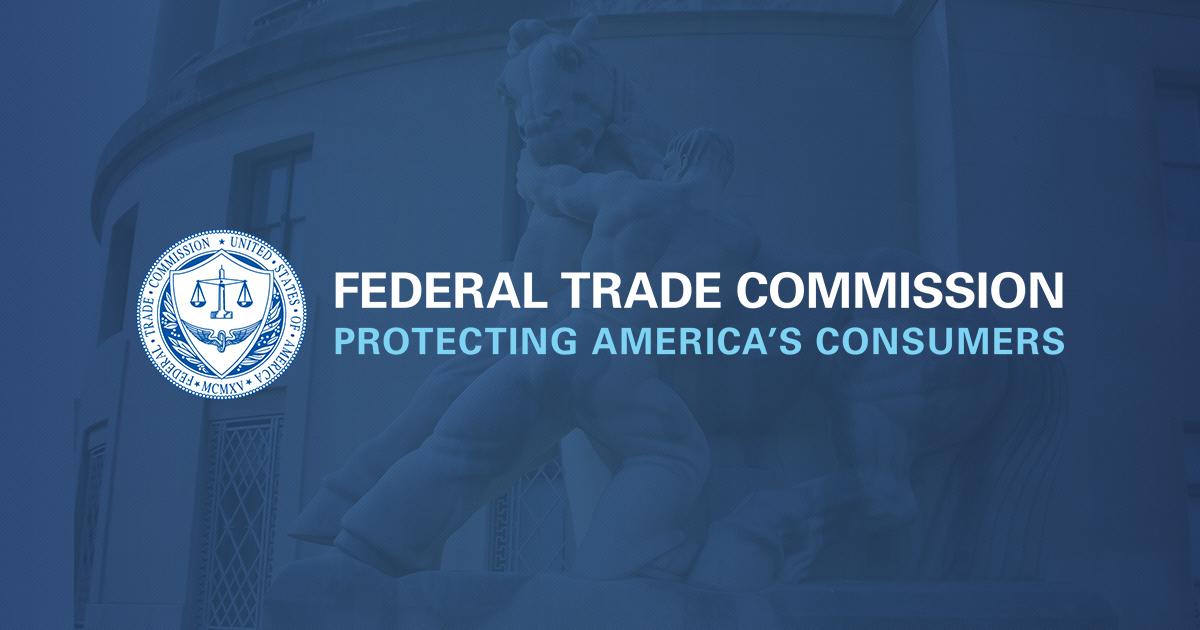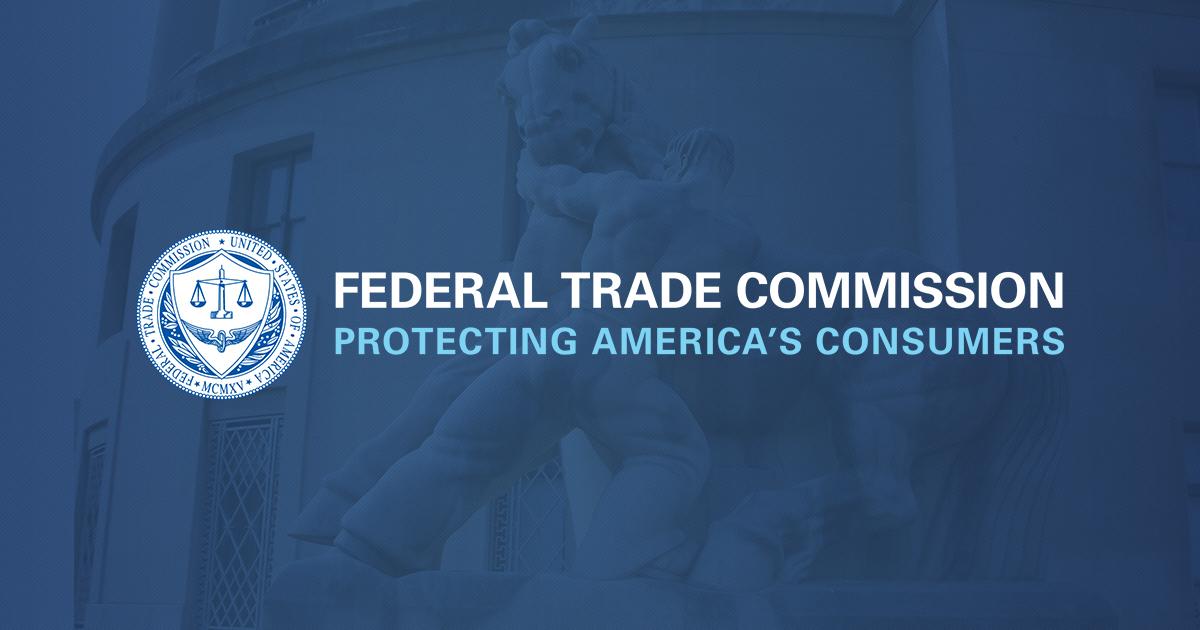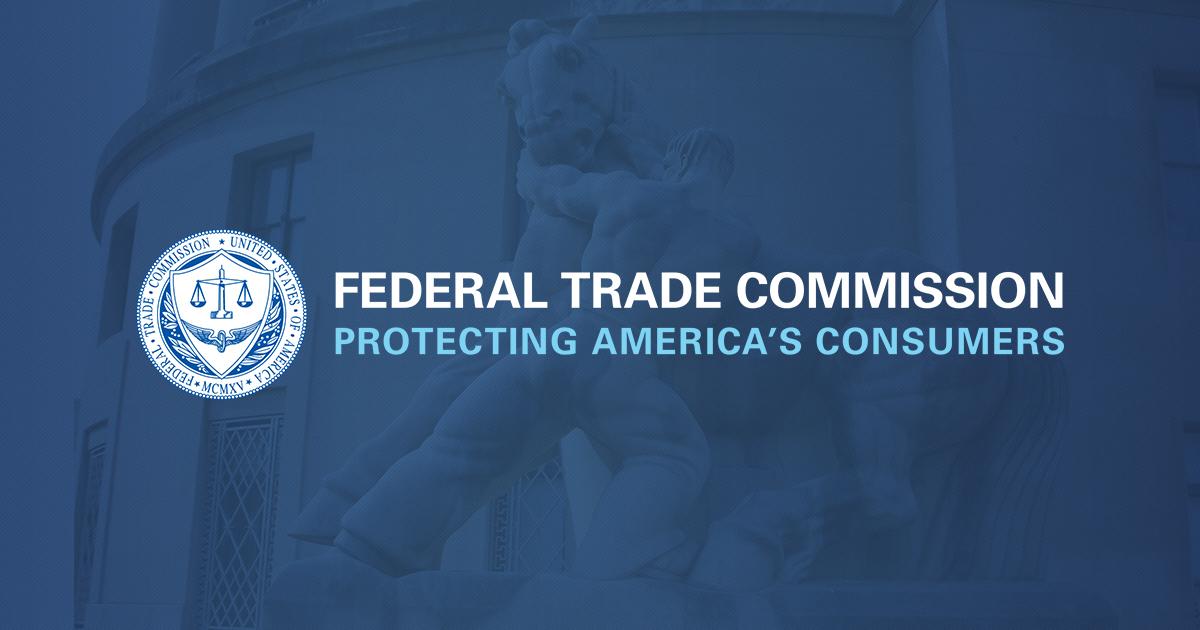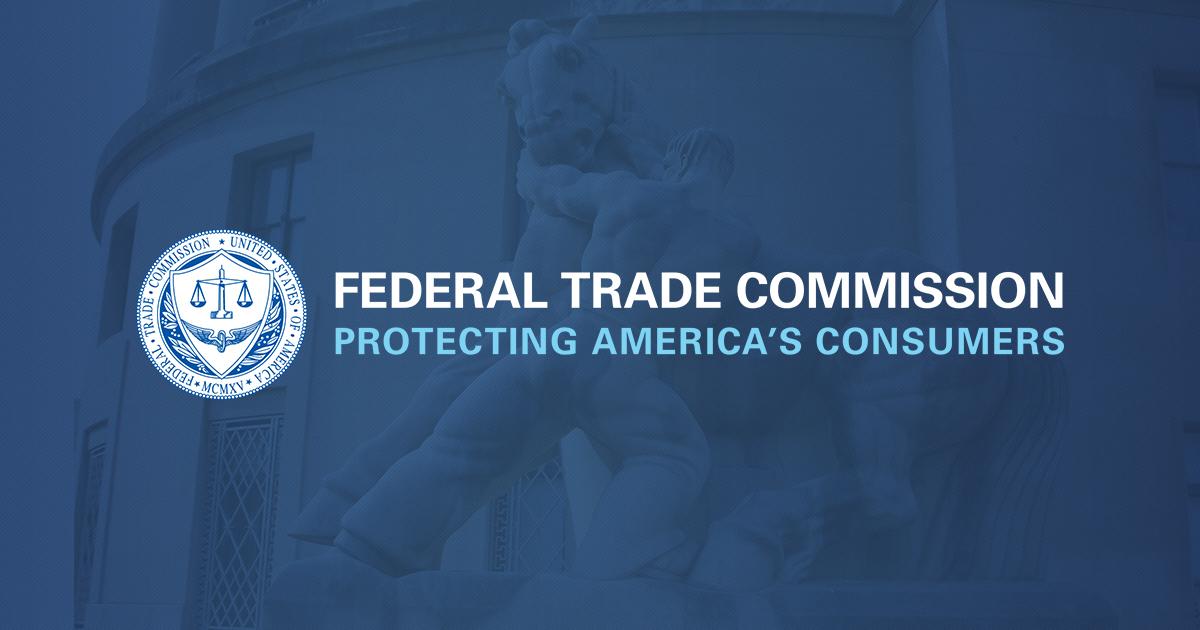Federal Trade Commission Chairman William E. Kovacic will participate in the seventh annual International Competition Network (ICN) Conference in Kyoto, Japan, April 14-16, 2008, when senior government antitrust officials, private sector antitrust experts from around the world, and representatives from intergovernmental organizations will discuss competition issues.
The ICN conference will focus on the recent work of its four substantive working groups: unilateral conduct, mergers, cartels, and competition policy implementation. ICN member agencies participate in these project-oriented working groups to address policy and enforcement issues and formulate proposals for ICN consensus. Private sector experts participate actively in the working groups. Conference discussions will focus on topics addressed by these groups, including recommended practices for the assessment of dominance and substantive merger analysis, settlements in cartel investigations, and the promotion of competition policy in developing and transition economies. The conference will finalize work programs for the coming year.
In October 2001, the Department of Justice and the Federal Trade Commission (FTC) joined with antitrust agencies from 13 other jurisdictions around the world to create the ICN. The ICN now includes 102 member agencies from 91 jurisdictions. The ICN has two main goals: to promote greater substantive and procedural convergence among antitrust authorities on sound competition principles; and to provide support for new antitrust agencies, both in enforcing their laws and in building strong competition cultures in their countries.
The following portions of the conference will be open to the press:
MONDAY, APRIL 14, 2008: 7th ANNUAL ICN CONFERENCE (DAY 1)
9:00 a.m. (Kyoto), 8:00 p.m. (EDT, April 13) – Opening Remarks
Opening remarks by Kazuhiko Takeshima, Chairman of the Japan Fair Trade Commission, and Sheridan Scott, Chair of the ICN Steering Group and Canada’s Commissioner of Competition
9:45 a.m. (Kyoto), 8:45 p.m. (EDT, April 13) – Unilateral Conduct Working Group Session
After remarks by Dr. Bernhard Heitzer, President of the German Bundeskartellamt, Randolph Tritell, Director of the FTC’s Office of International Affairs, will moderate discussion of the assessment of dominance, and Bruno Lasserre, President of the French Competition Council, will moderate discussion of working group reports on state-created monopolies recommended practices and conduct papers (predatory pricing and exclusive dealing). FTC’s Cynthia Lewis Lagdameo, Counsel for International Antitrust, is a panelist. Delegates will discuss these topics in breakout sessions.
2:15 p.m. (Kyoto), 1:15 a.m. (EDT) – Cartel Working Group Session
A panel discussion will examine the use and benefits of settlements in cartel investigations. Deputy Assistant Attorney General Scott Hammond of the Antitrust Division is a panelist. Following the panel, delegates will further discuss cartel settlements and leniency in small group breakout sessions.
TUESDAY, APRIL 15, 2008: 7th ANNUAL ICN CONFERENCE (DAY 2)
9:00 a.m. (Kyoto), 8:00 p.m. (EDT) – Merger Working Group Session
Assistant Attorney General for the Department of Justice Thomas O. Barnett will participate on a panel addressing efficiencies in merger analysis. Antitrust Division Director of Operations Robert Kramer will present recommended practices for merger analysis on the legal framework for merger analysis, the use of market shares, and the role of entry/expansion. There will then be a presentation on the work of the Notification & Procedures subgroup from the FTC’s Maria Coppola Tineo, Counsel for International Antitrust. Following the panel, delegates will further discuss these topics in small group breakout sessions.
1:30 p.m. (Kyoto), 12:30 a.m. (EDT) – Special Program on Abuse of Superior Bargaining Position
FTC Chairman William E. Kovacic will participate on this panel discussing the concept of “abuse of a superior bargaining position.” Frederic Jenny, Chairman of the OECD Competition Committee, will moderate the panel.
3:30 p.m. (Kyoto), 2:30 a.m. (EDT) – Competition Policy Implementation Working Group
Session
Elizabeth Farina, President of Brazil’s CADE, will chair the session. In the first portion, John Fingleton, CEO of the UK Office of Fair Trading, will moderate a discussion of the ICN’s work on identifying attributes of an effective agency. FTC Chairman William E. Kovacic is a panelist. The second will include a presentation of an experimental program for sharing expertise and experience among ICN members. Delegates will discuss agency effectiveness, partnerships among agencies, and funding and capacity building in small group breakout sessions.
WEDNESDAY, APRIL 16, 2008: 7th ANNUAL ICN CONFERENCE (DAY 3)
8:30 a.m. (Kyoto), 7:30 p.m. (EDT, April 15) – Presentation by ICN Steering Group Vice Chairs on Advocacy and Implementation, Outreach, and International Coordination
9:00 a.m. (Kyoto), 8:00 p.m. (EDT, April 15) – Joint Implementation/Outreach Panels
Philip Collins, Chairman of the U.K.’s Office of Fair Trading, will moderate.
12:00 p.m. (Kyoto), 11:00 p.m. (EDT, April 15) – Closing Ceremony
Complete information about the conference, to be held in the Kyoto International Conference Center, is available at http://www.icn-kyoto.org/

